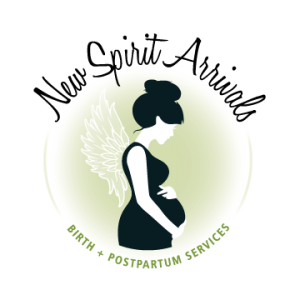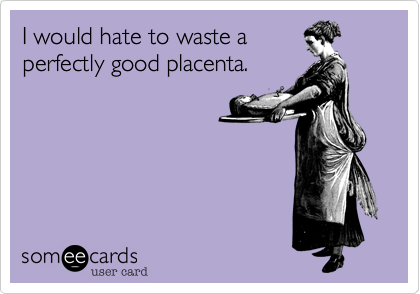Whether you choose to blend your placenta into smoothies or preserve it for easy and convenient use by choosing Placenta Encapsulation, placentophagy can help restore low iron level after birth.
Placentophagy; the consumption of one’s placenta, whether in raw form; prepared in smoothies, cooked into meals or preserved via dehydration as in Placenta Encapsulation are all effective methods of obtaining iron from this rich nutritional source. Research has shown that placentas have an average iron content of 75.5 mg with a range of 34.5 to 170 mg even after allowing the umbilical cord to cease pulsation.2 This makes placenta an excellent choice for recovering lost iron stores. Studies have also shown that iron supplementation in the early postpartum and continually overtime helps to reduce depressive symptoms. Making placentophagy part of this early and continually treatment will help women avoid iron deficiency, the fatigue that accompanies it and postpartum depression.
1. Beard, John L., Michael K. Hendricks, Eva M. Perez, Laura E. Murray-Kolb, Astrid Berg, Lynne Vernon-Feagans, James Irlam, Washiefa Isaacs, Alan Sive, and Mark Tomlinson. “Maternal Iron Deficiency Anemia Affects Postpartum Emtions and Cognition.” The Journal of Nutrition (February 2005) 135: 267-272. Print.
2. McCoy, Bonnie A., Roberta E. Bleiler, and Margaret A. Ohlson. “Iron Content of Intact Placentas and Cords.” The Amercian Journal of Clinical Nutrition 9 (1961): 613-15. Print.






Leave A Comment